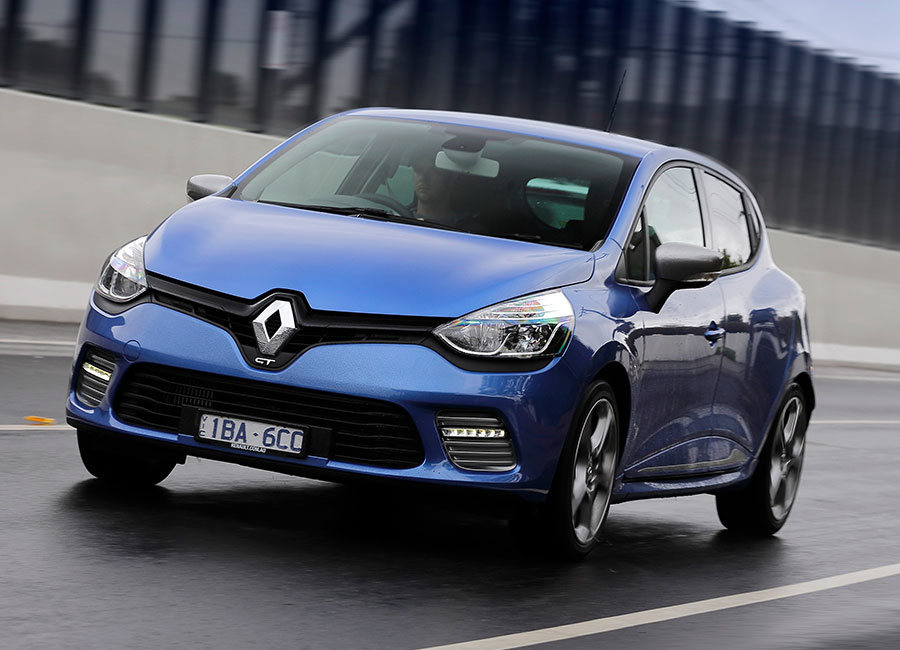The car-maker – who uses sea transport to move 60 per cent of its parts and vehicles – has announced a three-year partnership with French technology company Neoline to develop a more sustainable maritime transport service powered by wind.
Renault said its supply chain was committed to reduce its carbon footprint by six per cent between 2016 and 2022.
Renault vice-president of strategic environmental planning Jean-Philippe Hermine said the car-maker’s objective is to reduce the environmental impact of each vehicle throughout its entire lifecycle, from parts transportation up to delivery and end-of-life processing.
“In our strategy to explore new sustainable mobility solutions and to reduce our carbon footprint, the ship designed by Neoline, which combines energy efficiency and operational relevance, has truly captured our attention,” he said.
The proposed vessels will initially ply the route from Nantes on the French west coast to the US – an unusual journey given Renault does not sell cars in the US.
Neoline is a French listed company that develops environmentally sustainable solutions, including optimising the fill rates of the containers and trucks, and producing eco-friendly packaging.
It now wants to develop industrial-scale wind-powered freight services that are cleaner, customised and competitive, in response to the logistical needs of shippers.
It has designed a 136-metre roll on-roll off ship with 4200 square metres of sail area that has the potential to reduce CO2 emissions by up to 90 per cent compared to a traditional cargo ship on an equivalent route.
With the aid of partners including Renault, it plans to build two ships based on this model and to commission the vessels by 2021 on a pilot route joining Saint-Nazaire, the US eastern seaboard and Newfoundland’s Saint-Pierre and Miquelon.
The OECD’s International Energy Agency (IEA) International Shipping report of May 2018 says that maritime transport is one of the lowest carbon-emitting freight transport options – about half that of rail, one-fifth of trucking, and 80 times less than air – but it still consumes seven per cent of global oil and the number is rising significantly.
The IEA said 1.12 billion tonnes of CO2 was emitted from maritime operations last year and, from this year, all large vessels entering European Union ports are required to log their emissions.
By 2050, the EU and International Maritime Organisation have agreed to halve sea transport emissions from 2008 levels of about 700 million tonnes.
By Neil Dowling















 Read More: Related articles
Read More: Related articles

